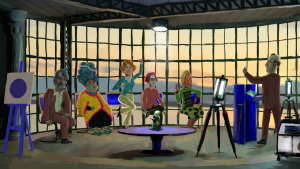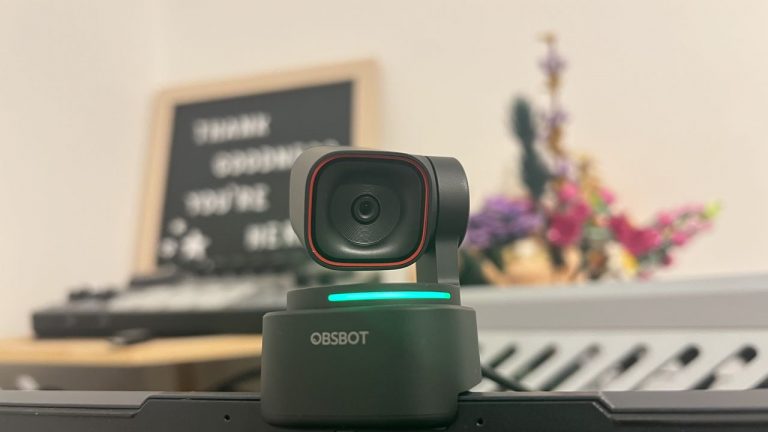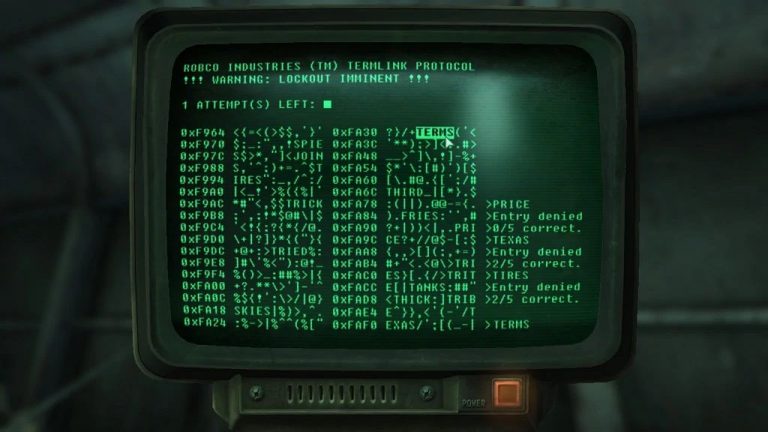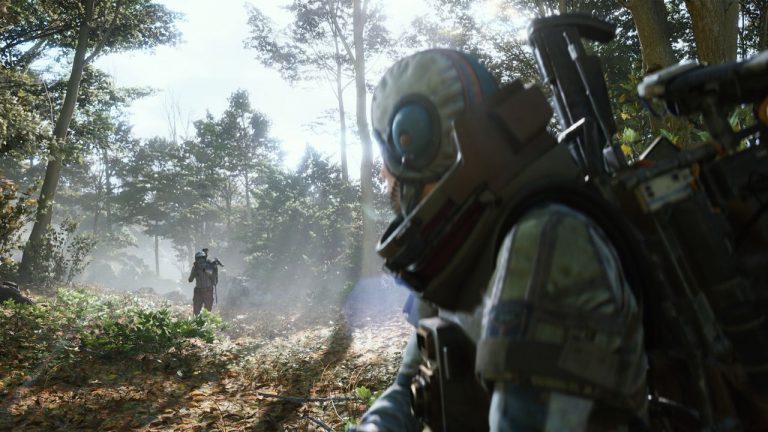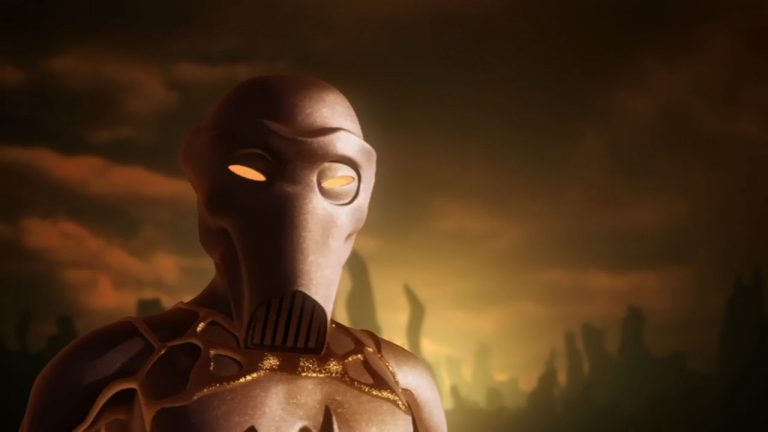We’ve all had that experience in XCOM where you’re so determined to get yourself out of an impossible situation that you just keep reloading your save and trying different approaches as your soldiers die over and over. Now imagine that instead of that just being an embarrassing memory, it’s the basis for a whole new approach to the genre.
In Every Day We Fight, just shown off at the PC Gaming Show 2024, you take charge of a group of civilians caught in an alien invasion Groundhog Day. Thanks to some strange sci-fi tech tech, every time your untrained fighters die, they wake up back at the start of the day, ready to go again.
Battles are turn-based, but you’ll also be exploring in real time, and the time loop structure gives it a roguelike flavour. As you make your way into different districts of the city, you’ll discover new weapons and resources that you can take advantage of in subsequent runs. Equally, the more they fight (and die), the more skills your troops will learn, going from regular folk to hardened soldiers over the course of the conflict. That’s sort of fun and bleak at the same time.
Your goal is to track down and defeat “Rift leaders” in dangerous boss fights. Each one you beat allows the time loop to advance further, moving you closer to a chance to set the city free and end this bizarre war once and for all.
It’s a great premise, and though the visuals seem a little rough around the edges, the contrast of the shiny, hi-tech alien forces with the grubby civilian underdogs is striking. The game’s due out this year, and if you’re keen to follow its progress, you can already wishlist it on Steam.


